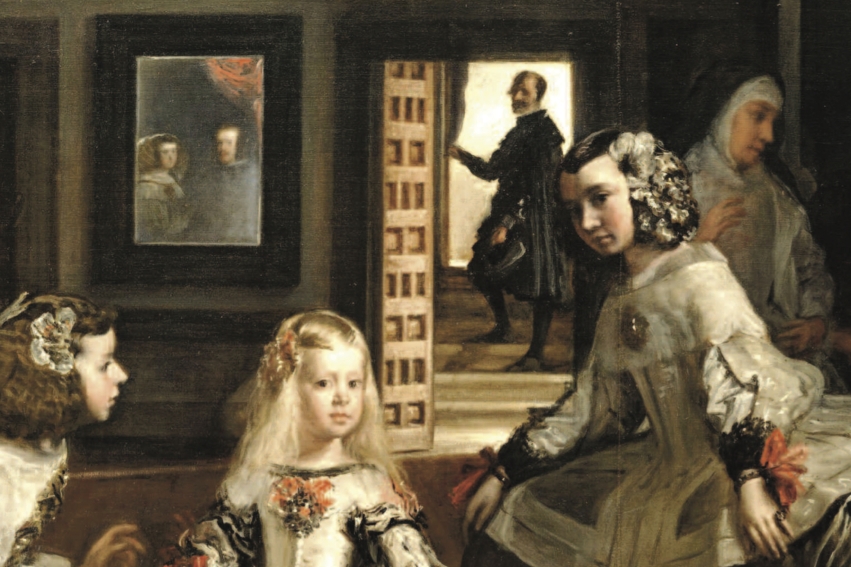LA SPAGNA
Music of the colonial power Spain in the 16th and 17th centuries
LA SPAGNA is the name of a famous tune that was played throughout Europe from the 15th to the 17th century and used as a model by many composers, including Antonio de Cabezón and Diego Ortíz, who was a Spaniard living in Rome and publishing music there.
Musicians were already in the habit of travelling extensively, including Bartolomeo de Selma y Salaverde, who worked in Poland and Austria.
In Renaissance Spain, the music of the great Franco-Flemish vocal polyphony was cultivated. Luys de Narváez and Alonso Mudarra, two of the best players of the vihuela, the Spanish form of the lute, intavolled this music for their instrument, that is, they set it down in tablature, the fingering in which lutenists notated their music. Josquin des Prez' 'Mille Regretz', the favourite song of Emperor Charles V, is not to be missed. It shows the importance of music for the great ruler, who greatly supported the arts. A great influence that came to Europe from Spain was the guitar, then equipped with 5 double strings and elaborately decorated. Music for solo guitar by Gaspar Sanz will be heard on it, as well as spirited music played together with the recorder.
PROGRAMME:
Diego Ortiz (ca 1510-ca 1570) from: Tratado de glosas Roma 1553
Recercada settima / Recercada primera y segunda sobre Doulce memoire / Recercada segunda
Alonso Mudarra (ca 1510-1580) Conde Claros
Luys de Narvaez (1490-1547) Cancion del Emperador: Mille regres de Josquin
Alonso Mudarra Fantasia que contrahaze la harpa en la manera de Ludovico
Diego Ortiz Recerda segunda, terzera, cuarta, quinta, sesta sobre "La Spagna"
Luys de Narvaez Seys diferencias del hyno "O gloriosa Domina"
Fray Bartolomé Selma y Salaverde (ca 1580-post 1638 from: Canzoni, fantasie et correnti Venezia 1638
Canzona terza
PAUSE
Diego Ortiz Recercada primera sobre La Spagna / Recercada primera / Recercada sobre O felici occhi miei
Santiago de Murcia (1673-1739) From: Códice Saldívar IV Mexico ca 1730
Fandango / Folias Espagnolas / Canarios
Andrea Falconiero (1585-1656) From: Il primo libro di Capricci, Brandi, Correnti, Gagliarde, Alemane, Volte Napoli 1650
Brando dicho el Melo / Corriente dicha la Mota, echa por Don Pedro de la Mota / Corriente dicha la Cuella / La suave melodia y su corrente / Il Spriritillo Brando / Corrente detta L'Avellina
Paolo Benedetto Bellinzani (1690-1757) Sonata op 3/12 Largo / Allegro / La Follia
Iris Lichtinger, Renaissance and Baroque recorders & Axel Wolf, lute and Baroque guitar


